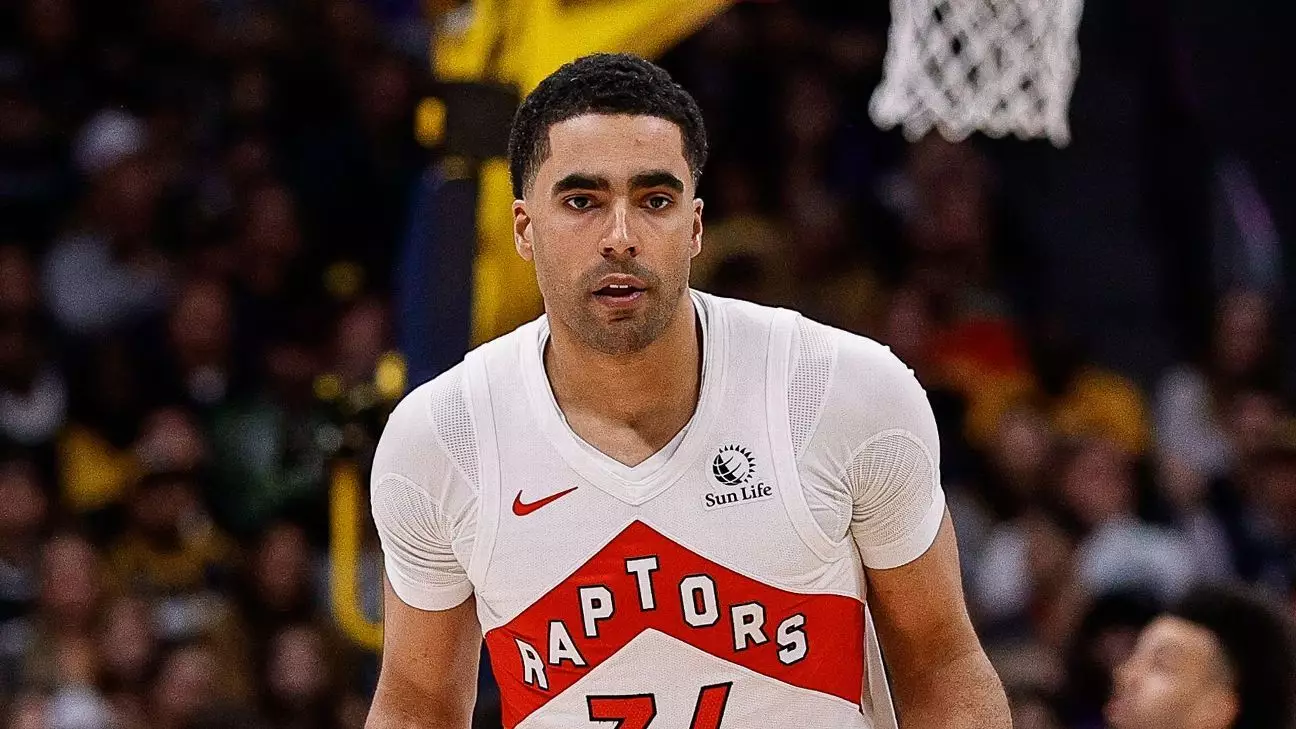In a shocking revelation from Brooklyn, a man named Long Phi Pham, portrayed as a key player in a sophisticated sports betting scheme, pleaded guilty to charges of conspiracy to commit wire fraud. This case is entwined with the name of Jontay Porter, a former player for the Toronto Raptors, whose downfall was hastened by accusations of betting manipulation surrounding his own performance. The incidents unearth not only the moral dilemmas embedded in sports gambling but also the repercussions that can arise when the integrity of the game is tainted.
Pham, referred to informally as Bruce, admitted his wrongdoing during a court appearance at the Eastern District of New York. Prosecutors have labeled the operation as a calculated endeavor where Pham, alongside several accomplices, exploited insider knowledge regarding Porter’s health and subsequent game performances. In an alarming turn of events, Pham and his collaborators anticipated Porter’s withdrawal during a match against the Los Angeles Clippers on January 26. Their foreknowledge led to a large payout for one conspirator, who cashed in nearly $40,250 upon Porter’s brief appearance on the court.
Further accusations suggest that Pham was actively involved in conversations via Telegram, discussing strategies and insider tips. Before a game against the Sacramento Kings on March 20, discussions among the conspirators indicated that they were aware of Porter’s intention to withdraw again, further raising ethical concerns about their actions. Pham and his group placed multiple bets on Porter, anticipating that injuries and illnesses would allow them to exploit the situation repeatedly.
The total illicit gain from this betting conspiracy reportedly skyrocketed to over $1 million, painting a grim picture of the lengths to which these individuals were willing to go for financial gain. Their systematic exploitation of insider information not only raised questions about the safety nets in place within professional sports but also the potential risks to the integrity of the league itself. The case underscores how vulnerable players, like Porter, can be caught up in a web of deceit, dramatically affecting their careers and livelihoods.
The fallout from this scheme extends beyond financial ramifications. After being implicated, Jontay Porter faced a ban from the NBA on April 17, a significant career blow that stemmed directly from his involvement in the conspiracy. His plea on July 10 regarding conspiracy to commit wire fraud further solidifies the drastic ramifications athletes can face when entangled in unethical activities.
Pham’s story is far from over; he awaits sentencing for his crimes and could potentially spend two decades in prison if the court so decides. His arrest at JFK airport, with plans to escape to Australia, suggests a desperate attempt to evade the consequences of his actions—actions fueled by greed and a flawed understanding of the risks involved in professional athletics and gambling.
This case serves as a poignant reminder of the ethical dilemmas that infiltrate the sporting world, highlighting the necessity for stricter regulations and continuous monitoring within professional leagues. As betting becomes increasingly normalized, maintaining the integrity of the game should always take precedence over financial gain. The aftermath of Pham and Porter’s choices emphasizes not only the personal consequences of corruption but also the broader implications for the future of professional sports.


Leave a Reply